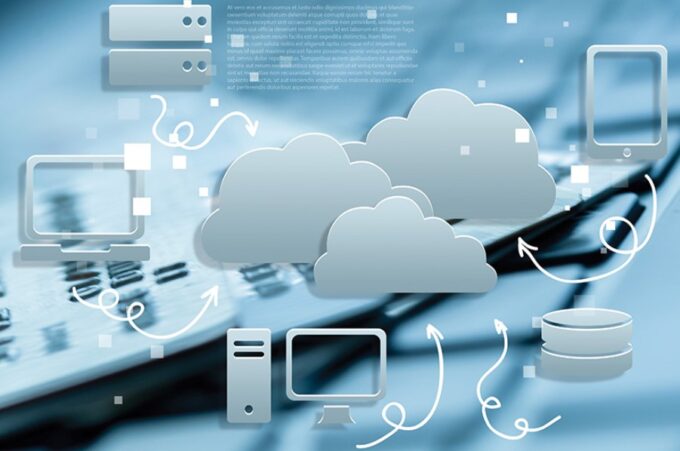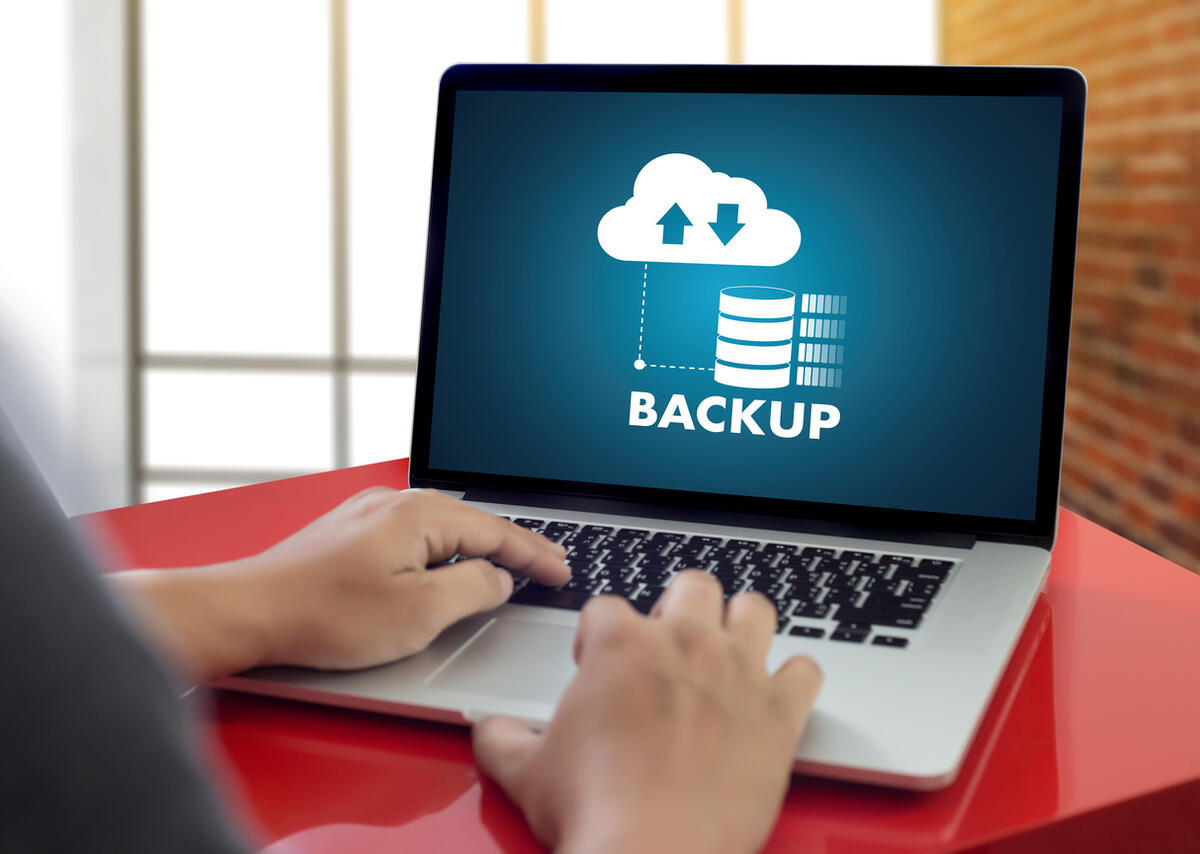The most important thing that makes data backup extremely important is business continuity (and disaster recovery). In the event of a major data loss from a major or minor event, it is often inevitable that your business will go down as well. From a deleted company file to a COMPANY-wide routable viral infection that wipes out everything on your computer, data loss can also have disastrous consequences on business operations and overall integrity.
A lot of events can cause your data to become compromised or lost, including viruses, human error (deleting the wrong file), hardware failure, natural disasters/acts of God (fire, flood… etc.), and other catastrophes. Data backup is extremely important if you want to avoid that dreaded moment when you are left without your files due to a virus or another catastrophe.
Fortunately for you, there are dozens of different types of data backups available either on the cloud or on physical media–and both have their pros and cons. Cloud storage provides much more security than physical devices because they are not susceptible to common issues like power outages and environmental dangers… but the drawback is that your business may become vulnerable if hackers target the cloud company and gain access to your files.
Physical media allows you to keep your data local and secure, but you will need to provide physical security for the devices which means it becomes more expensive than the average cost of cloud storage. Data backup services are absolutely necessary for any enterprise with an online presence or any business that runs on computers. For this you must check the cloud storage pricing on this website maybe.
It isn’t enough to have a business email system; you must have a good backup system in place. Any computer-based business needs backup solutions for disaster recovery and management. Your backup system should be able to recover most (if not all) information that has been lost from a major event, whether it be a virus, a human error, or a hardware failure.
Type of Data Backup Services

There are a number of different types of data backup services, each offering different levels of disaster recovery. Your best choice depends largely on how much you are willing to pay for your disaster recovery plan and what you are expecting to happen.
When it comes to natural disasters, the most common are fire and earthquake. If you expect a natural disaster to wipe out your entire server and database, you should purchase services that allow you to restore over any data that has been purged.
If you are not prepared to lose everything in a fire or an earthquake, there are a number of different services available that will give you the ability to restore as much as possible, although this will likely be at a lower cost than if you were to attempt to restore everything on your own.
Disaster Recovery Plan

A data loss disaster recovery plan is extremely important for any company that operates on a traditional network. In these cases, you backup all of your users’ data to their own separate storage space on their own servers.
This is particularly important for businesses that operate on a shared server or have other users that are not trained or knowledgeable enough in order to backup their own data. These types of backup services can give you a very quick read-back of what was lost and will also restore the data in a matter of hours.
Purchase Full-Service Plan

Another option for businesses that do not currently have their own disaster recovery plan is to purchase a full-service disaster recovery plan from an outside source. These plans can be incredibly expensive but will provide you with the ability to quickly recover all of your data.
Some companies that purchase their own recovery software or service also include additional features such as fraud prevention, scheduling, data duplication, or even file locking. However, these features will often not be necessary for smaller companies that only have one or two users.
If your company has adequate storage space and you are able to utilize it properly, you can save money and time by purchasing your own software or service. Many businesses, large and small, have lost data due to virus attacks, human error, and other reasons. In these cases, a data backup is crucial to the success of the businesses, and the profitability.
If you don’t have a data recovery plan, you could face major financial losses that could take years to recover from. If you allow minor data loss to go unchecked, your business could become ruined completely. Data backup is a crucial component of any organization’s success, and it should be carefully considered by every business owner.
Conclusion
In addition to business continuity, another great reason why data backup is important is simply for peace of mind. The benefits of having a copy of your files in one or many places can allow you peace of mind knowing that a virus or hardware failure won’t ruin everything in an instant.
You can even take this a step further by keeping a set in a different geographical location (like another office). If something happens where your main office goes down, at least your clients will have access to their files from the other office you’ve created a backup of your files in.
In a nutshell, without data backup, businesses can go down and you’ll lose all of your important files that took months or years to compile. Data backups are an integral part of disaster recovery and business continuity which is why it’s so important for keeping your company going strong.









